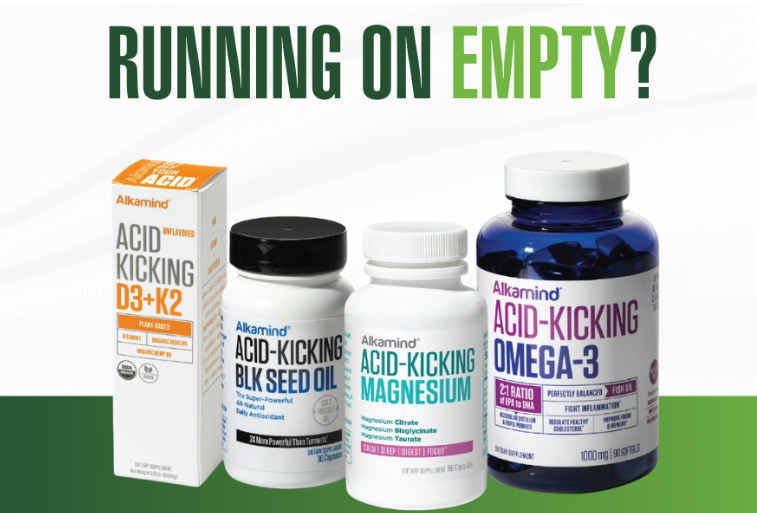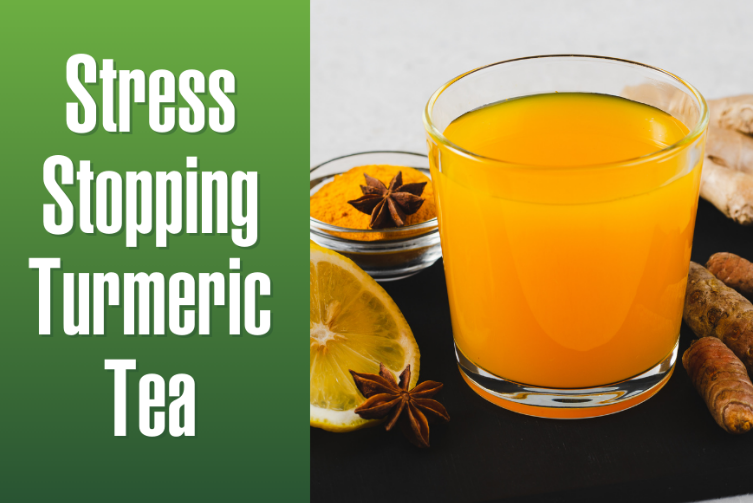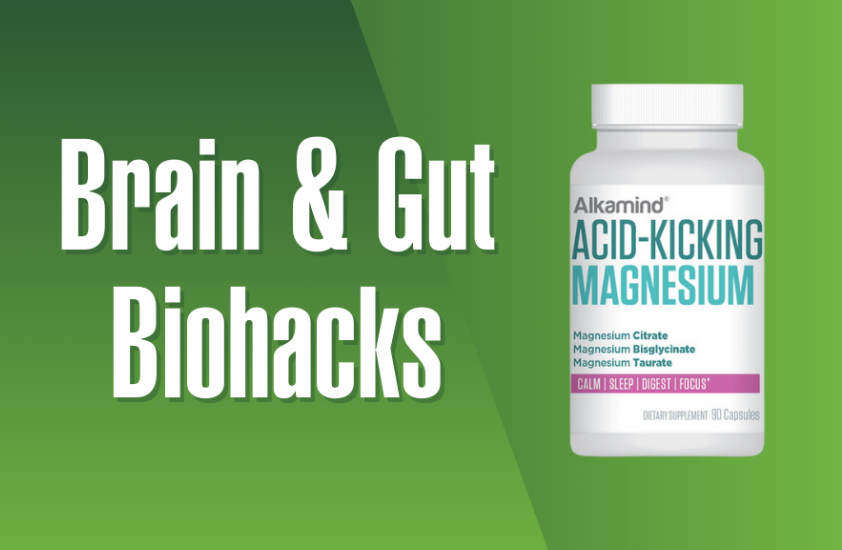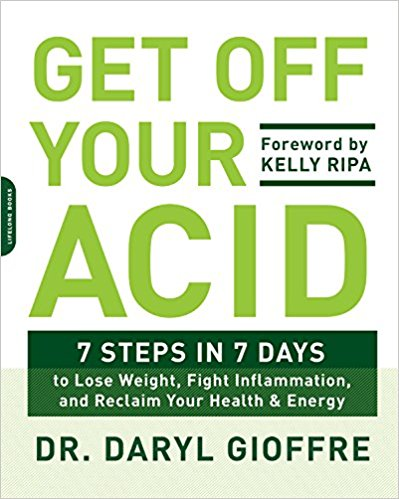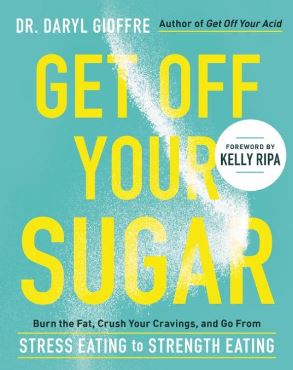This is part two of my TOP SWAPS series. Please read Part 1: Cooking Essentials HERE.
Before I talk about honey, I know what you are thinking right now…Dr. Daryl, Cow Milk?! Really? In every other blog, you go on and on about how horrible cow milk is.

And you are totally correct. Regular, non-organic cow milk from a grocery store can test positive for illegal antibiotics, high levels of growth hormones, and pesticide contaminants. It also contains a high level of omega 6s that fills your body with INFLAMMATION. Pasteurization also kills beneficial bacteria and natural enzymes and destroys the chemical makeup of minerals like calcium.
This is all 100% TRUE and the reason for today’s blog post.
Dr. Daryl’s TOP SWAPS: trading grocery store milk and honey for LOCAL and RAW alternatives.
Just like grocery store milk, honey has similar problems. It may undergo various processing, which removes beneficial nutrients and reduces antioxidant levels, and it can contain high fructose corn syrup and other added sweeteners! The processing may also remove propolis which fights bacteria, viruses, and fungi in your body. Unless you know the source, “honey” may actually be honey—and all sorts of toxic additives.
This is why I only buy raw milk and honey from local and trusted farmers and beekeepers. To further convenience you, here are additional health, environmental, and community benefits:
Health Benefits
- Nutrient-Rich:
- Raw Honey: Contains critical vitamins, minerals, enzymes, and antioxidants needed for optimal health that are often diminished in processed honey.
- Raw Milk: Has higher levels of beneficial enzymes, amino acids, vitamins, omega 3s, and probiotics compared to pasteurized milk.
- Digestive Health:
- Raw Honey: Acts as a natural prebiotic, promoting healthy gut bacteria.
- Raw Milk: Contains natural probiotics that can support gut health and improve digestion. Many people who are “allergic to milk” can drink raw without any problems. Perhaps, it is not the milk but all of the toxic additives that shouldn’t go near a human body.
- Allergy Relief:
- Local Honey: It can help reduce seasonal allergies by exposing your immune system to local pollen, potentially building tolerance. Try to buy honey from a 5-mile radius of your home.
-
Antimicrobial Properties:

- Raw Honey: The natural antibacterial and antifungal properties can help heal scarped knees and safeguard your body from illnesses.
Environmental (and more health) Benefits
- Reduced Carbon Footprint:
- Buying locally reduces the need for long-distance transportation, lowering pollution and greenhouse gas emissions. But it gets so much worse. Please read this blog post about what happens to an apple picked in China and then shipped to the US. It’s HORRIFING.
- Support for Local Ecosystems:
- Local Honey: Supports local beekeepers and pollination of native plants, which is crucial for biodiversity.
- Local Milk: Encourages sustainable farming practices, preserves local farmland, and supports your local farmer. Please read this blog post on why I love farmer’s markets, and it includes a few more of my favorite summer time activities for the family.
Economic and Community Support
- Supports Local Farmers and Beekeepers:
- Buying directly from local producers keeps money within the community and helps sustain local agriculture. It also shows them that their work matters and must be continued for the good of people and the planet.
- Boosts Local Economy:
- Purchasing local products fosters economic growth and job creation within your region.
Quality and Transparency
- Fresher Products:
- Local products are often fresher, having been harvested or produced more recently, than those transported over long distances. If you haven’t read this blog post about the extremely toxic journey produce takes to your grocery store, please do so right now.
- Knowledge of Source:
- You can often visit local farms and apiaries (beehives), ensuring transparency and trust in farming and production practices. As I always say, What you investigate, you respect.
Taste and Quality
- Better Flavor:
- Raw Honey: Maintains its natural flavors and textures, which can vary based on the local flora.
- Raw Milk: Often has a richer, creamier taste compared to pasteurized milk.
- Natural and Less Processed:
- These products undergo minimal processing, preserving their natural state and beneficial properties.
Ethical Considerations
- Animal Welfare:
- Local farms often adhere to higher animal care standards than industrial operations.
- Sustainable Practices:
- Supporting local producers who prioritize environmentally friendly and sustainable methods helps promote better agricultural practices overall.
Strength-Eating™ is all about the CHOICES you make; never about deprivation and starvation.
Milk and honey can be sweet and incredibly nutritious parts of your daily diet—just choose raw and local options.
You can get started with my GLORIOUS raw milk latte recipe which I released this week! Please order Acid-Kicking Coffee Alkalizer: Hazelnut (with brain boosters!), as it's an essential part of the recipe.
 Skip to content
Skip to content



